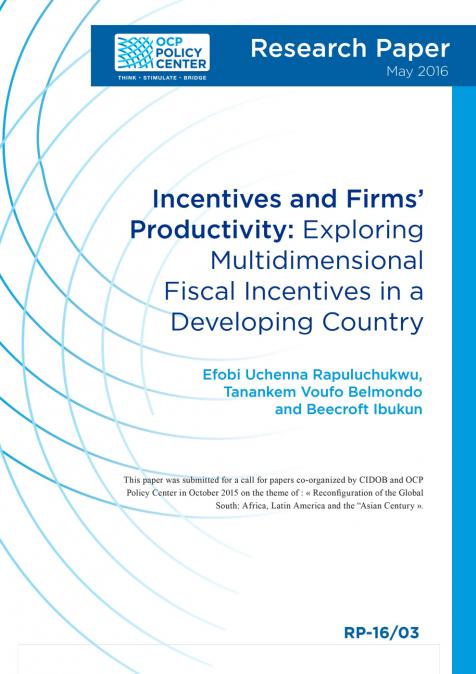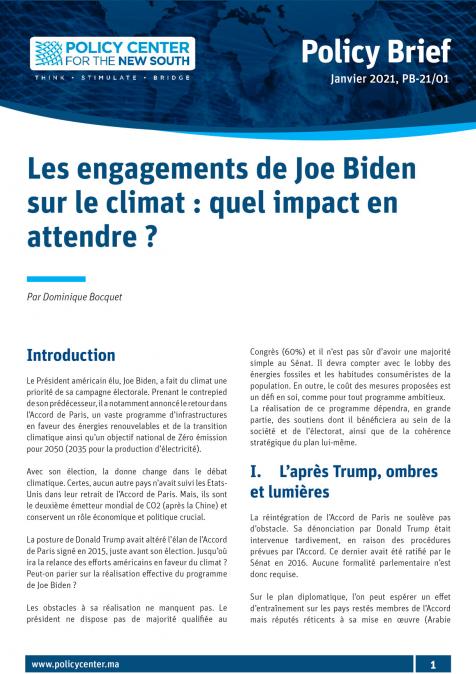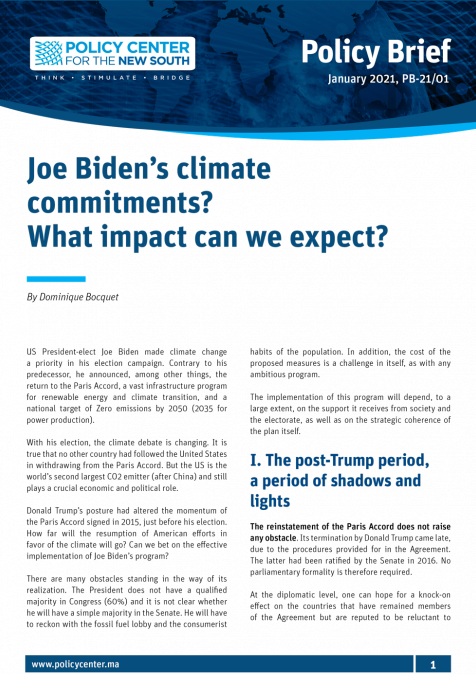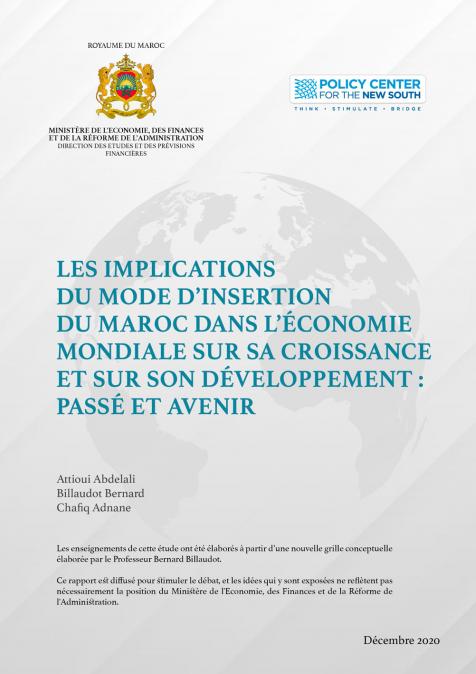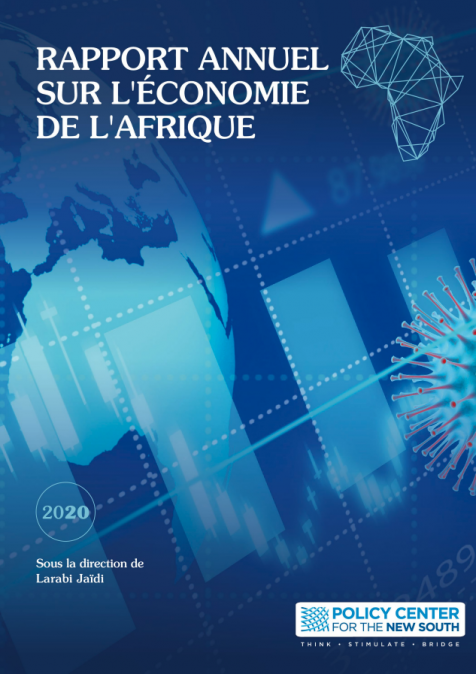Publications /
Research Paper
This paper investigates the impact of fiscal incentives on firms’ productivity using Cameroonian firms as a case. We use data from the World Bank Enterprise Survey for over 300 firms to calculate the productivity of firms. The Enterprise Survey also contains unique measures of assessing firms’ beneficiary status from different categories of fiscal incentives such as import duty exemption, profit tax exemption and export financing. The availability of these measures at the firm level allows us to conduct an impact analysis using the propensity score matching technique. Our results show a significant and positive impact of the productivity of firms that benefit from profit tax exemption and export financing. However, when considering import duty exemption, the significance of this variable was not consistent. The paper thus provides support for the argument that the government’s involvement in the firm should be targeted at rewarding outputs and not supporting processes, and thus provides an essential element of a strategy for industrialisation.

